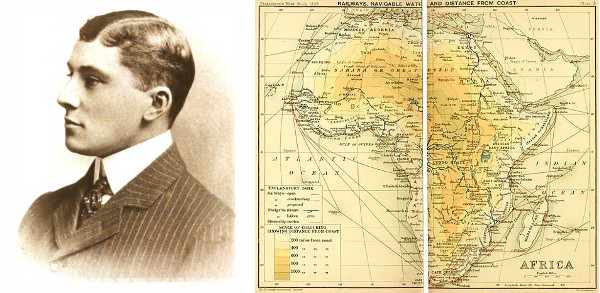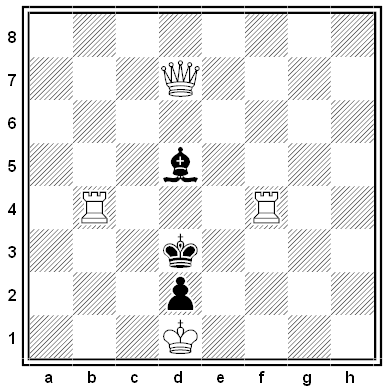
Birder William Young notes that hobbyists who look for wild birds tend to identify species as much by their songs and calls as by their plumage. One way to memorize the calls is to translate them into familiar words and phrases. “Just as many people cannot remember lyrics to popular songs without singing the melody,” he writes, “many birders cannot remember bird songs and calls without thinking of mnemonic phrases.” Examples:
White-throated sparrow: Old Sam Peabody Peabody Peabody
Black-throated green warbler: trees, trees, murmuring trees
Black-throated blue warbler: I’m so la-zy
Olive-sided flycatcher: Quick, free beer!
White-eyed vireo: Pick up the beer check quick
Song sparrow: Maids maids maids pick up the tea kettle kettle kettle
American goldfinch: potato chip
Barred owl: Madame, who cooks for you?
Brown pigeon: Didja walk? Didja walk?
American robin: cheerily, cheer-up, cheerily
White-crowned sparrow: Poor JoJo missed his bus
Ovenbird: teacher, TEACHER, TEACHER
Red-eyed vireo: Here I am. Where are you?
Common yellowthroat: Which is it? Which is it? Which is it?
MacLeay’s honeyeater: a free TV
Common potoo: POO-or me, O, O, O, O
Inca dove: no hope
Brown quail: not faair, not faair
Little wattlebird: fetch the gun, fetch the gun
The California quail says Chicago, the long-tailed manakin says Toledo, and the rufous-browed peppershrike says I’M-A-RU-FOUS-PEP-PER-SHRIKE. “Once when I was staying at [birding author Graham Pizzey’s] home, a Willie-wagtail sang outside my bedroom window around 3 A.M. and seemed to say I’m trying to an-NOY you.” Young’s full article appears in the Winter 2003 issue of Verbatim.



